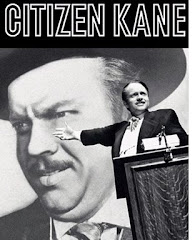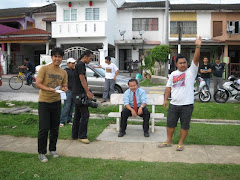The film, budgeted at $800,000, received unanimous critical praise even at the time of its release, although it was not a commercial success (partly due to its limited distribution and delayed release by RKO due to pressure exerted by famous publisher W.R. Hearst) - until it was re-released after World War II, found well-deserved (but delayed) recognition in Europe, and then played on television.
The film engendered controversy (and efforts at suppression in early 1941 and efforts at suppression in early 1941 through intimidation, blackmail, newspaper smears, discrediting and FBI investigations) before it premiered in New York City on May 1, 1941, because it appeared to fictionalize and caricaturize certain events and individuals in the life of William Randolph Hearst - a powerful newspaper magnate and publisher. The film was accused of drawing remarkable, unflattering, and uncomplimentary parallels (especially in regards to the Susan Alexander Kane character) to real-life. The notorious battle was detailed in Thomas Lennon's and Michael Epstein's Oscar-nominated documentary The Battle Over Citizen Kane (1996), and it was retold in HBO's cable-TV film RKO 281 (1999) (the film's title refers to the project numbering for the film by the studio, before the film was formally titled):












1 comment:
mana update??
Post a Comment